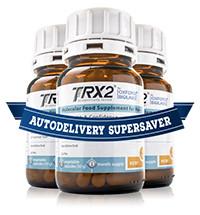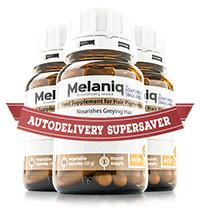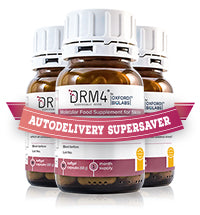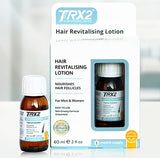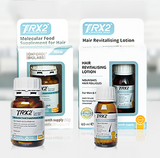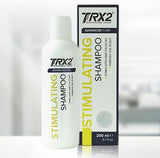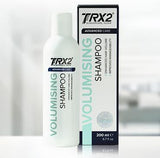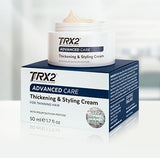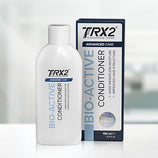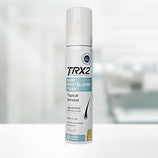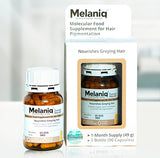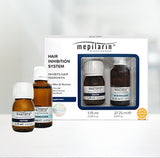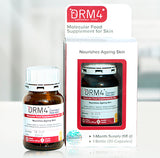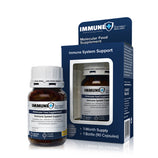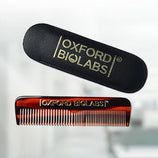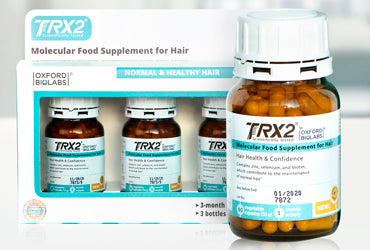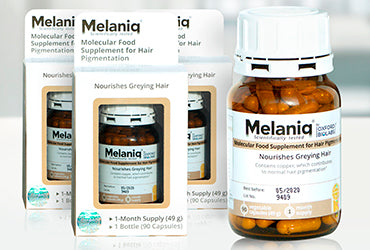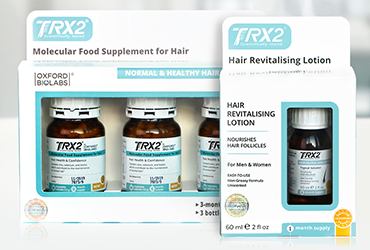Your skin is a fascinating organ. It is not only the largest of your organs, but also the one that most obviously reflects the state of your overall health. The skin serves as a barrier, defending your body against a myriad of threats, from bacteria to toxins and other irritants. At the same time it is the recipient of environmental threats like harmful UV rays and other types of radiation, so it is important to do what you can to protect it.
It is possible to see detrimental effects (from the environment and your personal lifestyle) on your skin over time, but these things are not always obvious if you don’t know what you are looking for. For this reason we have written an article to help you understand how your skin reflects the state of your health and to answer some pertinent questions, such as how to keep your skin in good condition. If your skin is in good condition, your body is much more likely to be too.
What does your skin tell you about your health?
If you have healthy skin it is usually a reasonable indicator that your overall health is good. However, the skin does not always give clues to underlying diseases, so it is not a foolproof indicator. That said, your skin will often tell you when there is a problem with your health, via changes in colour or texture, and through obvious irritation such as itching, hives, acne, inflammation and rashes.
If you have any skin problems, something has likely affected it from the outside, or it is reacting to an imbalanced internal state. Since the skin itself can become infected, skin problems don’t necessarily mean that your overall health is in bad shape. There are several types of skin infections, from bacterial to viral, parasitic and fungal infections.
Some infections affect only the skin, while others affect other organs in the body, or are a direct result of a problem with those organs. It is not always simple to determine the cause of skin infections, so it may be necessary to research or seek professional assistance before attempting treatment.
What are the main causes of skin problems?
The most common causes of skin problems are allergies, irritants, diseases, genetics and immune system dysfunction. Your kidneys and liver are not the only elimination organs; your skin also performs this function, so when your liver is overburdened with toxins, your skin can take over the job of eliminating those toxins, which can result in spots and rashes.
Here are some examples of the ways illness affects your skin:
- Diabetes may also show up through changes in the blood vessels of your skin, dark patches or hyperpigmentation, loss of sensation or circulation
- Raised, red patches on your legs might indicate hepatitis C
- Acne is sometimes a sign of hormonal imbalance or chronic stress
- Small yellow bumps under the surface of the skin may be a sign of very high cholesterol levels, meaning that you could be at risk of stroke or heart disease
- Shingles, a painful rash that results from the varicella-zoster virus, and can lead to other, more serious complications if left untreated
- Hives (irritated welts on the skin) can occur because of allergies to food, skin products, medications, plants or animals
- Dry, dull and grey skin could be an indicator of a thyroid problem such as hypothyroidism, which can also cause the skin on your calves to thicken
Doctors may be able to diagnose diseases by examining your skin, so if you have a persistent skin condition it is well worth having it checked out. They can examine your skin with a dermatoscope or take a blood sample if required.
How to keep your skin looking good?
Is healthy diet a sufficient way to help your skin stay healthy? In short, it helps but is not a guaranteed solution. Given the potential skin challengers mentioned in this article, your skin may at times need a little extra help. It is always a good idea to give your body all the nutrients it needs through fresh, organic vegetables, fruits, lean proteins and whole grains, which will also improve your skin. Certain unrefined, cold pressed oils and high quality fish oils also promote youthful skin.
On top of this, you should make an effort to keep your stress levels to a minimum by getting plenty of rest, partaking in activities that make you happy, exercising, meditating and making wise life choices. Stress can exacerbate skin conditions and trigger other health problems that may later show up in your skin. Likewise, try not to do things that dry the skin out, limit its oxygen intake or collagen production. Excessive sun exposure, smoking and minimal water intake will all contribute to the decline of your skin.
Finally, there are supplements to support both your general health and the health of your skin, such as Oxford Biolabs DRM4® Molecular Food Supplement For Skin. It is an effective solution for those suffering from signs of premature ageing and can reduce lines, wrinkles and blemishes. DRM4® consists of a potent blend of omega-3 and omega-6 rich oils, plant extracts, vitamins and minerals that can reintroduce lustre and vitality to tired skin.
By simply monitoring changes in your skin on a regular basis you are likely to spot signs of potential health conditions, giving you a head start in healing. By taking care of your skin through healthy diet, hydration and detox, you will also be in the best position to prevent disease while giving your skin whatever it needs to maintain a healthy, youthful glow. We hope you found this article informative; if so don’t forget to check out our blog for more helpful tips and advice.
